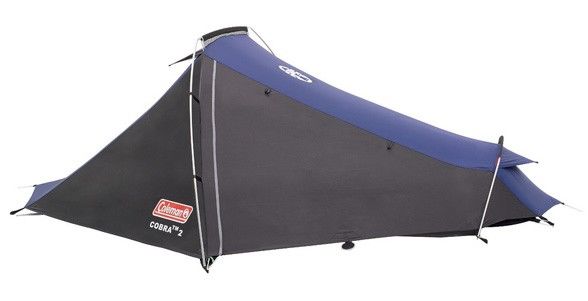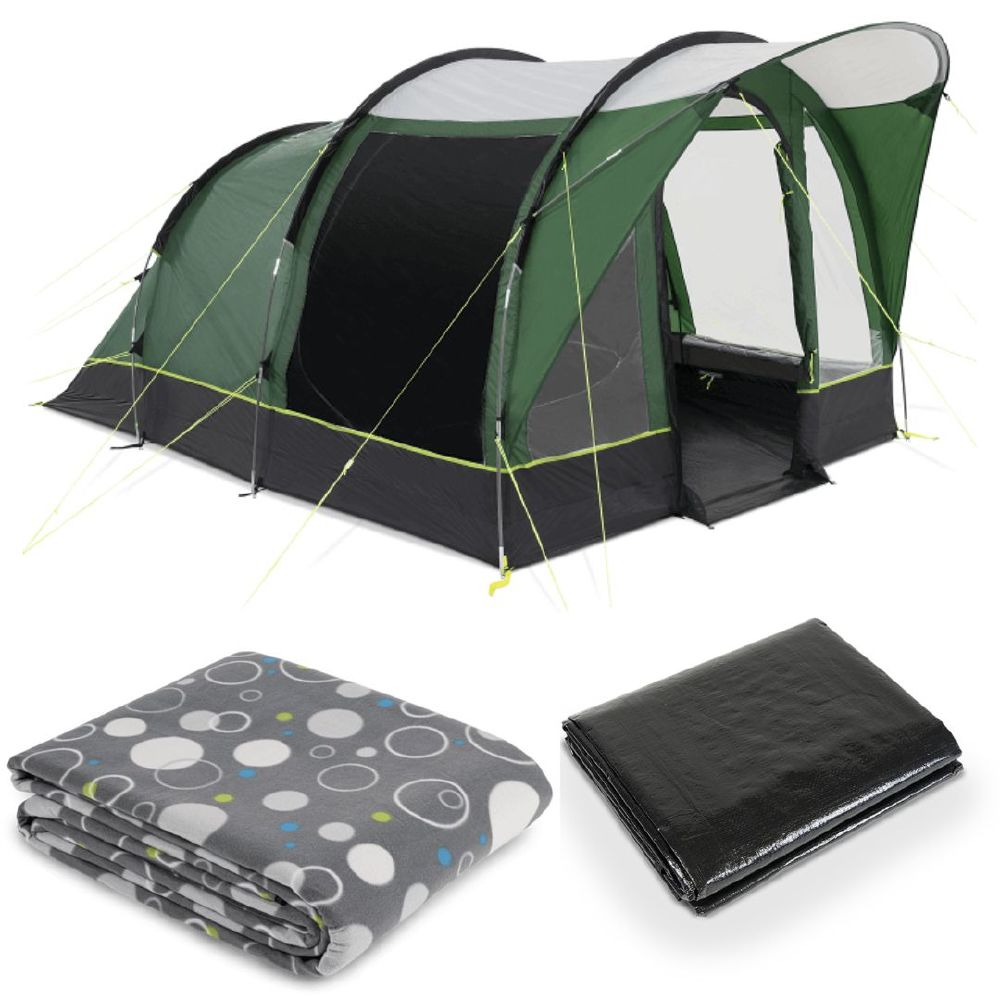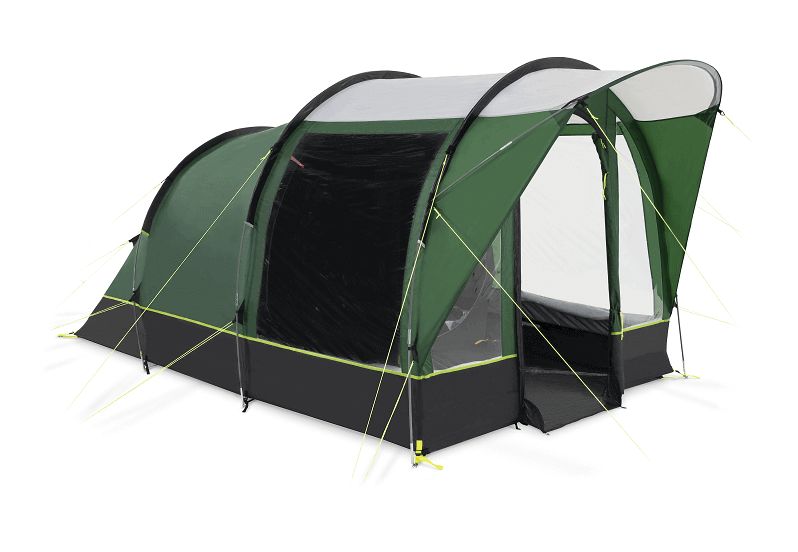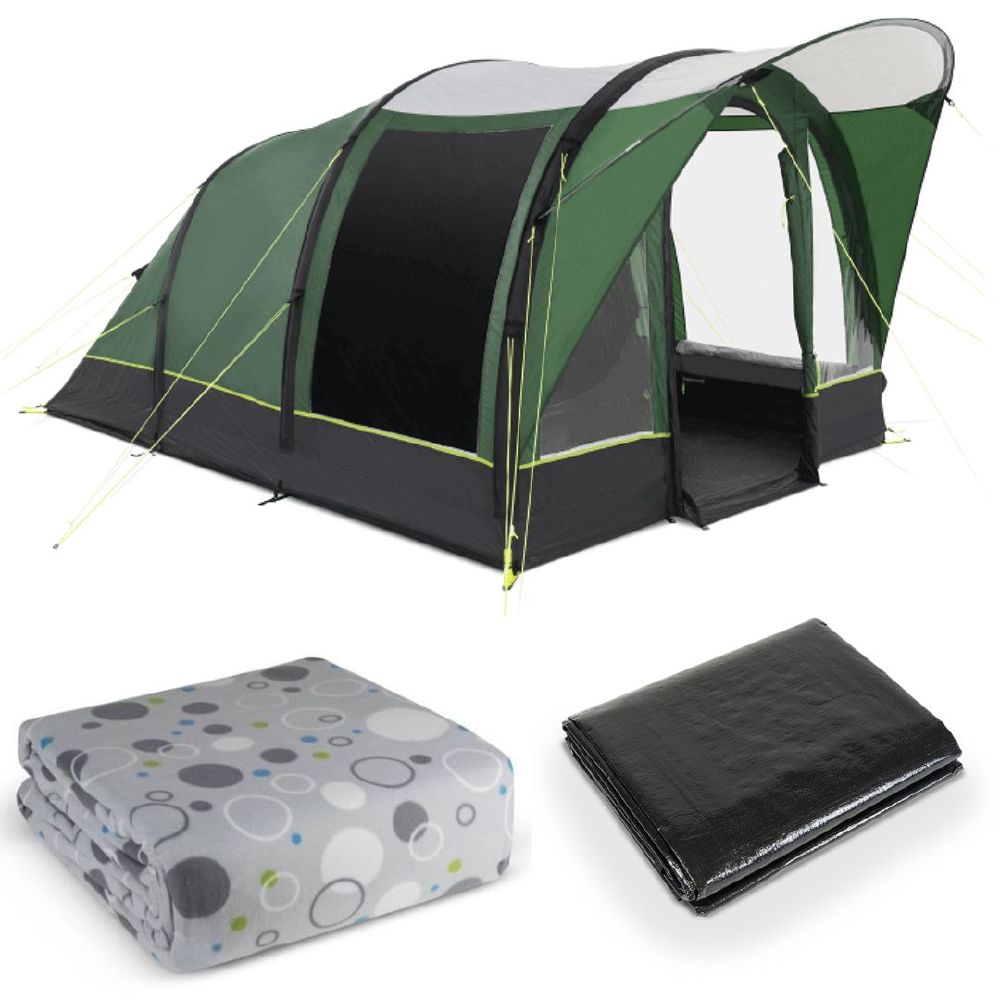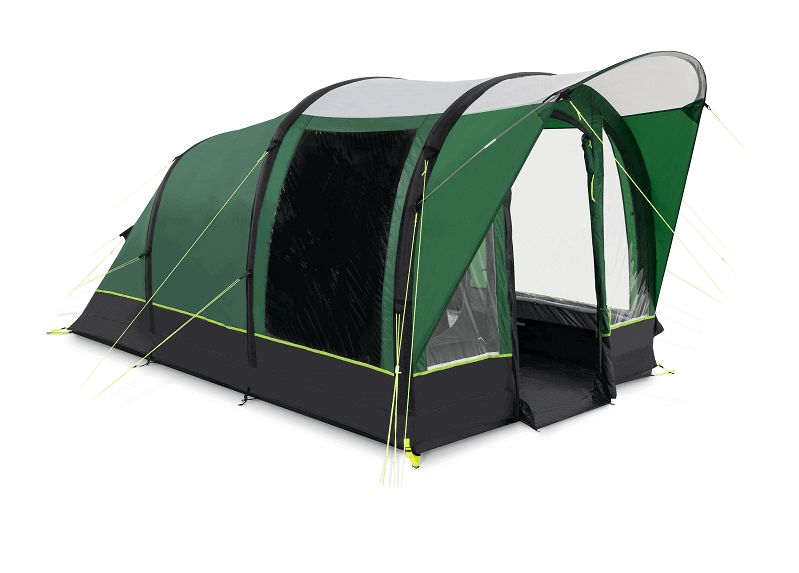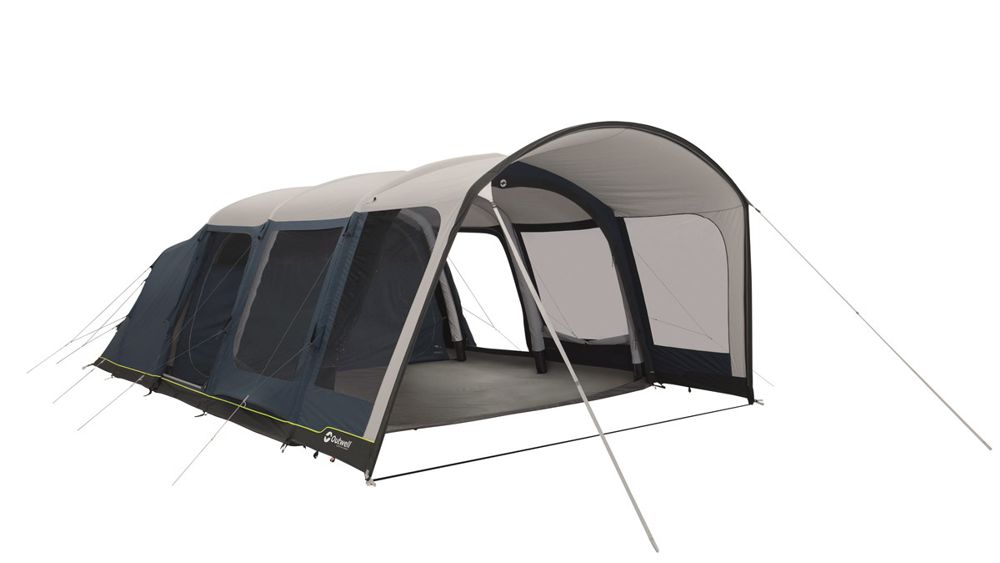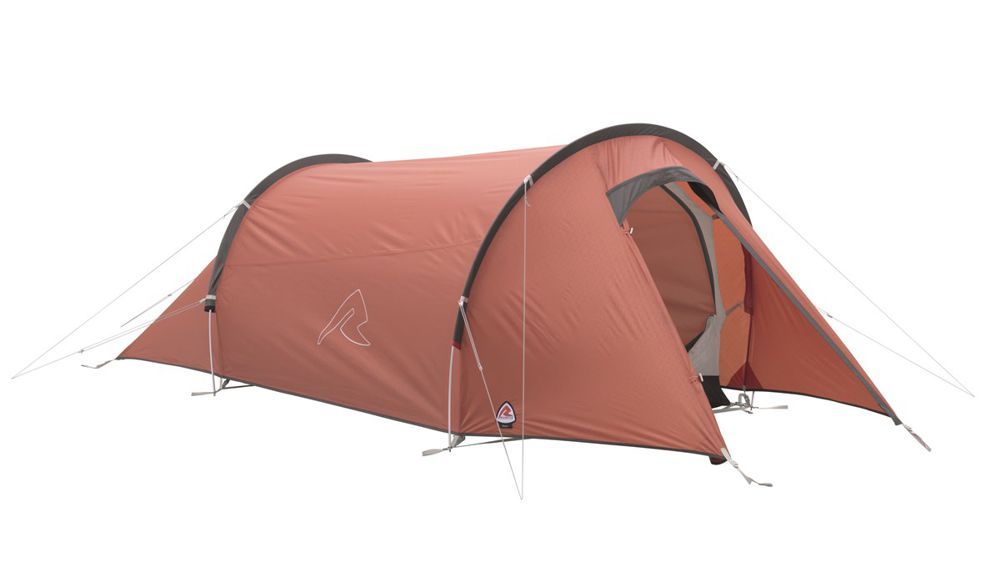Description
Coleman Cobra 2 Lightweight Tent
A lightweight tent that offers superb value for a budding adventurist; the wedged tunnel design is wind responsive and strong. A quick and easy to erect design, you will be pitched in minutes and the use of aluminium poles ensures that this tent performs in inclement conditions but retains its lightweight credentials.
Simple and quick to pitch; with fly first pitching you will be protected from the elements in no time
Lightweight with a compact pack size, it will fit neatly in a backpack and won't weigh you down.
Wedged tunnel construction
Set up: Flysheet first
Capacity: 2 person
Flysheet fabric: Polyester, 3000mm, PU coated, taped seams
Inner tent fabric: Breathable Polyester and no-see-um mesh
Groundsheet: Polyester, 5000mm, PU coated, taped seams
Poles: Aluminium 7001-T6
Polyester carry bag type: Two way compression with wide opening
Headroom: 77 cm
Pack size: 48 x 18 x 15 cm
Weight: 2.05 kg
UV Degradation:
Be aware that (UV) ultraviolet rays will damage your tent if you expose it to direct sunlight for longer periods of time.
Polyester Awnings & Tents regardless of quality of denier material are made for camping use which is normally 2-5 weeks usage a year.
They are not designed for permanent usage and should only be used as camping products.
Camping near the sea or lake can further enhance the effect of UV radiation.
The same applies to poles and metal parts
"UV light will cause the fabric to fade, lose strength, and eventually disintegrate. The amount of UV damage is directly related to the fabric's exposure to the sun and the altitude at which the tent is pitched.
If it is left pitched during the day, high-altitude exposure can damage a tent beyond use within a month."
What is UV Degradation?
UV degradation refers to the breaking down of fabrics and materials, when exposed to ultraviolet radiation, due to exposure to the sun. Long term exposure to sunlight, can cause fabric such as polyester to degrade, beginning to rip, tear and become very brittle.
Why Do Manufacturers not cover UV Degradation Under Warranty?
UV degradation is a sign the product has reached a natural end to it's lifetime. There are different fabrics, different thicknesses of fabric, and treatments to help protect against exposure to sunlight.
However, given time, the sun will do it's job in breaking down those materials, to the point where they become unstable.
If a polyester tent or awning has suffered UV degradation, chances are it has been used to the point where its lifetime is ending, or it has been permanently pitched.
Polyester Tents & Awnings are a temporary shelter, and they are not designed to be left long-term pitched, unless they are specifically designed for residential pitches, and use harder wearing fabrics such as 100% cottons, which can take exposure to UV light on a longer-term basis.
Polyester Tents & Awnings have it pretty rough. Their purpose is to keep you protected from the elements, so by definition, they’re exposed to nature’s fury. Season after season, your trusty tent or tarp is subjected to wind, rain, dust, snow, hail, animals, and (sometimes) careless users.
But for a shelter that has been treated well over the years, the thing that will eventually kill it is something you might not expect: the sun.
In addition to visible light, the sun emits a massive amount of ultraviolet (UV) radiation, which has a shorter wavelength than visible light and is present wherever there is sunlight.
While inorganic materials (like silicone and metal) are largely unaffected by UV radiation, organic compounds (i.e., anything containing carbon, not just your fancy kale) can be damaged by exposure to UV.
This includes all organic polymers, whether synthetic (like nylon and polyester) or naturally occurring (like cotton and wool).


